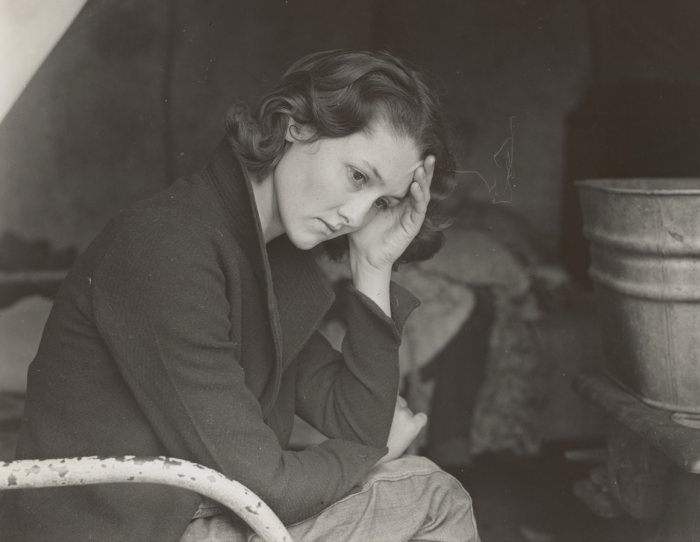How many times have we rejected someone’s help in the last six months?
How many times have we asked someone to help us without feeling guilt or shame? Do we feel like if we ask for help, we are in debt to that person? That by some unspoken rule, if we receive any help, we automatically have to do something to pay for it?
During my childhood and part of my adulthood, using the word help was not an option. Just thinking about the word would make me feel anxious and sick. I felt as if I was bothering the person or taking something if I asked them to help me. It affected my relationships on all levels.
What if I said that the word help had carried this weight for a long time? That it’s not just us who feel this way. It is a word connected to being vulnerable, and being vulnerable is a resounding no in today’s society.
Some of the feelings connected to the word help are vulnerability, shame, guilt, unworthy, and undeserving.
We must break this pattern that has been taught throughout generations and shift our perspective behind this word. We are so willing to help others but reject the receiving of it.
Here is how we can break the chain:
>> Use it as much as possible.
We should be getting our kids used to asking for help. They should know that if they need something, they can ask for help and receive it—without the society taught belief that it will be like taking out a loan that has to be paid back.
It is essential to define the word for them. We must teach them that asking for help through their moment of vulnerability is quite alright.
>> Demonstrate—be who we want them to be.
I began to take account of my behavior and response to this word. I noticed how much I had refused help in the past when people offered it to me and have begun to shift my mindset. I have been trying to accept it more and more. My daughter is always watching me—constantly studying my behavior, my responses, and my way of accepting and receiving. So it is my job to show her that it is okay to take help and, most importantly, to ask for it.
Many children today do not know how to ask for help, and many times this adds fuel to the ongoing fire of bullying.
A more troubling issue is the fact that there are so many people suffering and crying inside. So many who are in need of help that never gets verbalized. People have developed painful coping mechanisms because they do not know how to ask for help, let alone receive it without feeling guilt and shame.
>> Breaking genetic patterns.
Notice when people say, “Do you need anything? Is there something I can do?” Or tell their child, “Let me do it for you” or “Let me show you.” Getting used to using the word help doesn’t just aid our child but also begins to shift things within us as a parent. It allows us to release the toxic beliefs behind this word—to start accepting more help, and to remove those genetic definitions we have carried because they were passed down to us.
>> Words have power.
All words carry energy. They are like spells that we are casting all day. The word help carries a large amount of negative energy around it, so we subconsciously put it to the side. Our bodies and minds understand that it doesn’t feel right, so we just brush it off and have become used to using other ways of asking for the same thing. Instead, we should break the negative energy around it and embrace it for what it is.
Everyone deserves to receive help without expectations—without giving up their power or a part of themselves. It all begins with us. When we make it something familiar at home with our children, they can then spread it around. And then more and more people will do the same.
>> Teach our children.
When I play with my daughter I will sometimes extend the hand of a doll and say, “Help me up” to demonstrate the importance of asking for help and receiving it. She loves that.
When my daughter gets stuck (jumping on the couch or getting off my bed), I don’t immediately just help her. I ask, “Do you need my help” and have her answer, so she is aware that when she is in need, it is okay to ask for help.
I read books about asking for help and helping.
When we are eating, I will ask if she needs my help in feeding her instead of just doing it for her. Sometimes she doesn’t want my help, and that’s okay, but when she can’t do it, she usually asks for help.
If we are at the playground and she wants me to help her, I will say, “Would you like for me to help you go down the slide or climb?” I ask her to articulate it rather than assume.
We have plenty of opportunities to make this part of our everyday lives. And what we do can drastically change who our kids will become as adults.
When I help my daughter, I always say, “Thank you for letting me help you; I love helping you.” I am without an expectation or requirement for her to do something for me. This lets her know that I am always open and willing to help her and it is something I enjoy doing.
We cannot change our community’s way of thinking, but we can prepare our children not to play a part in the painful social beliefs of today. It all begins with us. If we are ready to begin the shift and change this belief, then we must take the first step.







Read 2 comments and reply